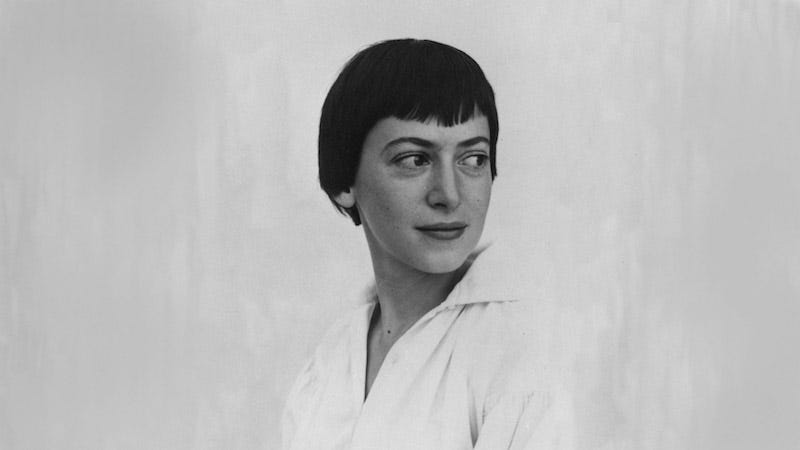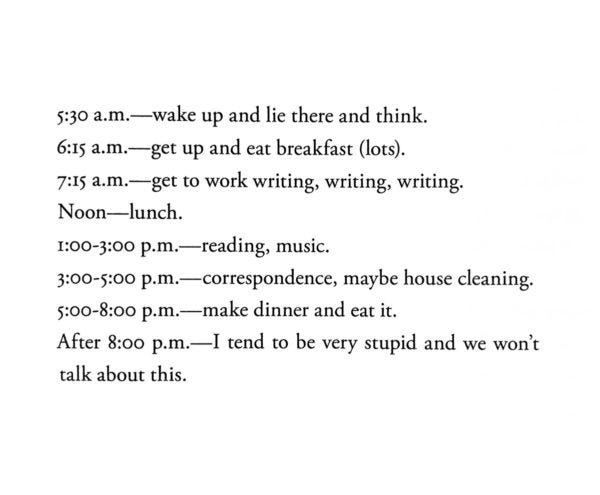Maybe play this song as you read.
I am in the middle of the television series Station Eleven — okay, not at the middle. More near the end. Who knew that watching a show about a different pandemic could be cathartic? It is cathartic, heartbreaking, and beautiful. It’s about stories, and the power they have to keep people alive. The hope they instill.
In the midst of a broken, ending/ended world, stories help us envision no ending. Rebirth.
The way the story of Station Eleven is told is powerful in itself. All the stories and timelines combined seamlessly, without confusion. This is the way stories can work. Stories can work any way we want them to. We can do anything with stories. The more I read, the more I know this. As a writer, that’s liberating.
Ursula K. Le Guin
I think Ursula K. Le Guin is still alive. I know she isn’t, but I can’t seem to fully accept that she no longer lives among us. Her brilliant mind and stories together. Now we just have her stories, her words.
Ursula K. Le Guin knew what stories could do, and she knew how western societies in particular subtly suppress stories that are in any way perceived as “genre”. Le Guin’s own work was once dismissed as genre rather that heralded as literature, but she got her due. She was outspoken about the suppression of imagination in our culture and cultures of the west, and the commodification of it.
From her book, Words Are My Matter:
“Imagination is not a means of making money. It has no place in the vocabulary of profit-making. It is not a weapon, though all weapons originate from it, and their use, or non-use, depends on it, as with all tools and their uses. The imagination is an essential tool of the mind, a fundamental way of thinking, an indispensable means of becoming and remaining human.”
Le Guin said, “Reading is a means of listening.”
“The exercise of imagination is dangerous to those who profit from the way things are because it has the power to show that the way things are is not permanent, not universal, not necessary. Having that real though limited power to put established institutions into question, imaginative literature has also the responsibility of power. The storyteller is the truthteller.”
Le Guin particularly saw a power in sci-fi and surrealism. As opposed to realistic fiction, she says, imaginative fiction opens all the doors that may be closed in realist fiction. In Station Eleven, Kirsten told another character that she stayed alive because a book she was reading gave her a whole world, a world that she could believe in.
I agree with Le Guin wholeheartedly. We cannot buy our way out of the conundrums and dangers of our culture as it is currently. But imaginative art, both writing and film along with other mediums, allows its viewers and writers to untangle the knots of sensationalism and binary thinking and parse out nuance. In parsing out nuance, the reader, the viewer, sees new possibilities. New ways of being. New futures.
Here’s a beautiful interview with Le Guin. Although it’s short, it’s wide ranging. I am so encouraged and impressed by the sharpness of her mind and imagination.
“The Ones Who Walk Away From Omelas”
Le Guin was a prolific writer. “The Ones Who Walk Away From Omelas” is from her book of short stories The Wind’s Twelve Quarters, one of twelve volumes of short stories. She also wrote twenty-three novels, eleven volumes of poetry, thirteen children’s books, five books of essays and four works of translation.
In an interview she said that philosophy never stuck with her, so she translated it into stories, which were easier to remember. Years ago when I was in a pedagogy class for my master’s program I was stuck with a philosophy student. We all had to pretend to teach for ten minutes, and when it was his turn he asked us a question kind of like, “if there were a burning building full of fifty people and you knew that to save forty-nine of those people you’d have to let one die, would you let one of them die?”
This story reminds me of that, but less didactic. The narrator is omniscient, the first omniscient narrator in the year’s stories. The first two pages are spent describing what sounds like a utopia. There’s a festival, a child ecstatically playing the flute. It’s an imagined world, one where many of the people wouldn’t even need to take drooz, a substance akin to pot. Why do the people need to get high when Omelas, their country, is so beautiful?
Then, a direct address from the narrator. “Do you believe? Do you accept the festival, the city, the joy? No? Then let me describe one more thing.”
The next paragraph describes a starving, tortured child hidden in a basement. The following paragraph begins: “They all know it is there, all the people of Omelas.”
“It is the existence of the child, and their knowledge of its existence, that makes possible the nobility of their architecture, the poignancy of their music, the profundity of their science. It’s because of the child that they are so gentle with children.”
And then, the last paragraph. The adolescents that refuse to exist in the paradigm given. They are the ones who walk away from Omelas.
Let me know what you thought of today’s story. If you’re enjoying reading this newsletter, please consider sharing it.






